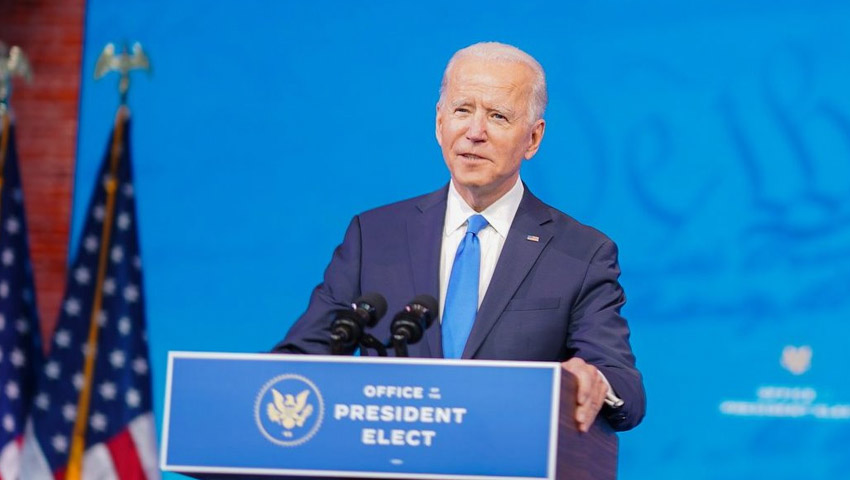Will there be ramifications for Turkey’s geostrategic policies in the Middle East?
To continue reading the rest of this article, please log in.
Create free account to get unlimited news articles and more!
Just this week, leaders from across the Western world paused to reflect the genocide against minority communities in the Ottoman Empire, primarily the Armenians, but also swathes of Greek and Assyrian communities across the Empire.
Defence Connect just two days ago outlined that through a mix of geographic serendipity and recollections of Ottoman greatness, that Turkey under President Recep Tayyip Erdoğan is posturing itself as the new superpower of the Middle East – breaking through the traditional East versus West divide – which has been so manifest in the region since the colonial powers desperately clutched onto their vassal states, and the Soviets armed their natural bedfellows in the anti-colonial struggle.
To reiterate one of the most concise summaries of Turkish geopolitics in the recent era, Allison Meikem in Foreign Policy argued: “Erdoğan’s real impact on geopolitics won’t roll in on a tank; it will come in the form of the 21st century pan-Islamism that he has finessed through soft power. The religious revivalism that is so controversial within Turkey has filled a void in the larger Muslim world — one on display in Erdoğan’s recent war of words with French President Emmanuel Macron.”
Prophetic.
Reflecting and acknowledging the Armenian genocide is a recent phenomenon in the West, and it is indicative of the changing global attitudes to Turkish neo-Ottomanism. Indeed, even historical friendships and alliances haven’t been able to look past Turkey’s visions of grandeur. In fact, of the Five Eyes nations, Canada was the only one of five nations to recognise the genocide until President Joe Biden acknowledged it this month.
Mohammed Ayoob, distinguished professor emeritus of international relations at Michigan State University, argues in ASPI’s The Strategist that “commentators have attributed the decision to Biden’s intention to signal clearly his administration’s commitment to making protection of human rights an important part of his foreign policy”. However, Ayoob notes that this doesn’t portray the whole truth as there are a number of domestic and geopolitical factors at play, and that it is likely evidenced by an overall reduction in US-Turkey relations.
“These official statements are relatively mild given the wave of resentment the announcement has unleashed in Turkey. However, it was bound to provide ammunition to the strong anti-American sentiment already existing in Turkey at the popular level. This sentiment is widespread in large part because of the perception that the US and the West in general are bent on obstructing Turkey’s rise to major-power status because it is a Muslim country,” Ayoob continued.
Nevertheless, it is clear that this is a signal for a global move to begin the isolation of Turkey.
The United States’ recognition of the Armenian genocide in April 2021 will give a green light to other nations to recognise the genocide. Even seemingly enlightened countries such as Australia, New Zealand and the UK have yet to acknowledge the murder of as many as 1.5 million people.
This could be the signal for a shift in foreign policy.
With the Cold War (Mark 1) long over and Turkey not playing ball with the western world regarding a potential Cold War (Mark 2), the West simply cannot continue to turn a blind eye to the atrocities in the name of geopolitical realpolitik.
Get involved with the discussion and let us know your thoughts on Australia's future role and position in the Indo-Pacific region and what you would like to see from Australia's political leaders in terms of partisan and bipartisan agenda setting in the comments section below, or get in touch with
Liam Garman
Editor – Defence and Security, Momentum Media

 Login
Login








